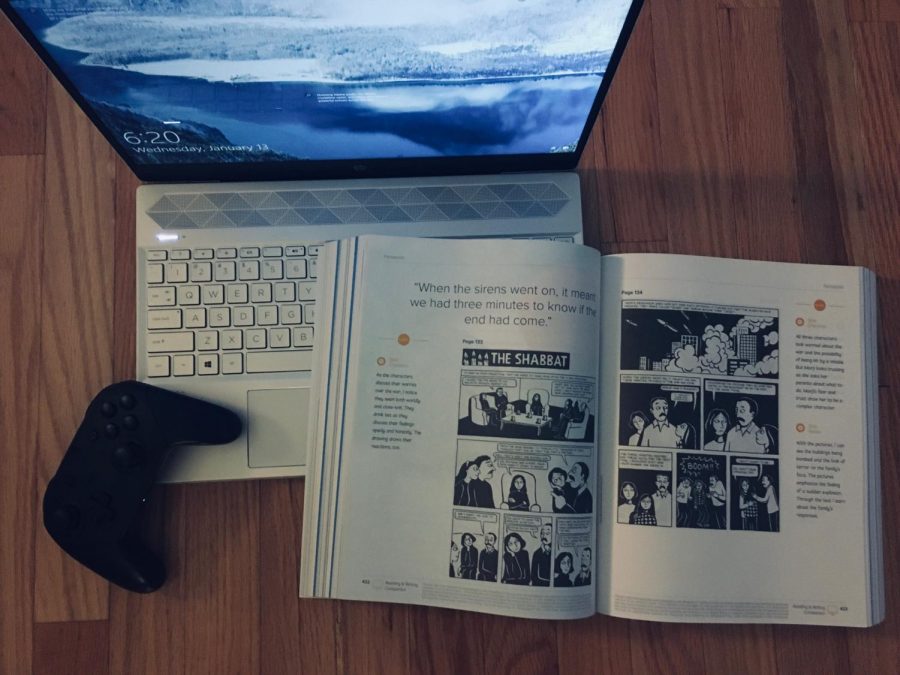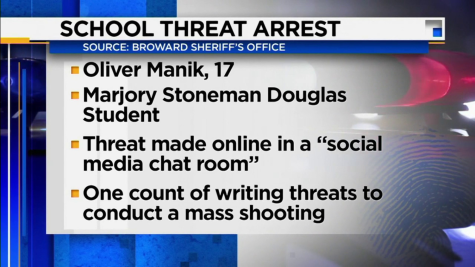The distance learner’s curse: how apathy is spoiling online education
January 13, 2021
At Coffee County Central High School, we’re all becoming far too familiar with the routine of distance learning.
Whether you’ve tested positive for COVID-19, been in contact with a friend or family member who had it, or had to participate in our occasional school-wide distance learning periods, we’ve all had to learn from home at some point this year.
Of course, distance learning comes with its perks. Although the positives may be different for everyone, they may include being able to move around while you learn, a more relaxed working environment, and the ability to sing at full volume during class while your mic is muted.
However, incognito concerts can only carry you so far. There’s a common criminal in the world of virtual learning that’s starting to overpower the pleasant side: apathy.
For those who may not know, apathy, in this context, essentially means that you have an extreme lack of motivation to do things that need to be done. When it comes to virtual learning, the student is plagued with a scarcity of ambition.
When attending school in person, the student sees their teachers every single day. This makes school more of a reality for them, reminding them that the amount of work they put in will be reflected in their grade.
For a distance learner, there is a want for something tangible. Since almost all of your assignments are completed online, it begins to feel like school is a far off, unreachable entity that cannot truly affect you.
Distance learning is a huge enemy to focus. While at home, you may be presented with infinite distractions, such as younger siblings needing attention, a game console waiting to be used, or a smartphone sitting idly by.
It should be said that these temptations are harder to resist than most people imagine.
You may think, “If a student is distracted at home, they should move to a quiet room and remove anything that may tempt them.” For some, this is made impossible for the lack of space in their living situations. For others that try this method, there is still an ever-present thought that all they have to do is step out of the room to enjoy any distraction they like.
Another point to consider is the aspect of fear and self-consciousness that comes with learning from home.
When you are on a Google Meet, it is often very difficult to understand what your teacher is saying. That being said, it makes it even more difficult to hear comments from your peers who are in the physical classroom.
This makes it very challenging to tell when another student is speaking, which often makes the student feel afraid to speak up for fear of talking over someone and embarrassing themselves.
Without feeling able to ask questions or participate, it is easy for a student to fall behind and become apathetic, thinking it too difficult to catch back up.
Apathy is ever-present in a distance learner’s life. I am currently distance learning, and I think this message is magnified powerfully through the fact that I am writing the majority of this article the night before it is supposed to be submitted.
When students feel like they are part of something, they are much more likely to want to participate. If we can’t avoid distance learning, we need to come up with a way to make distance learners feel like a real part of the class again.
Whether this means finding more ways to engage distance learners through activities or something else entirely, distance learners need your support. We feel apathetic enough to put off our work until tomorrow, so we need real change today.















